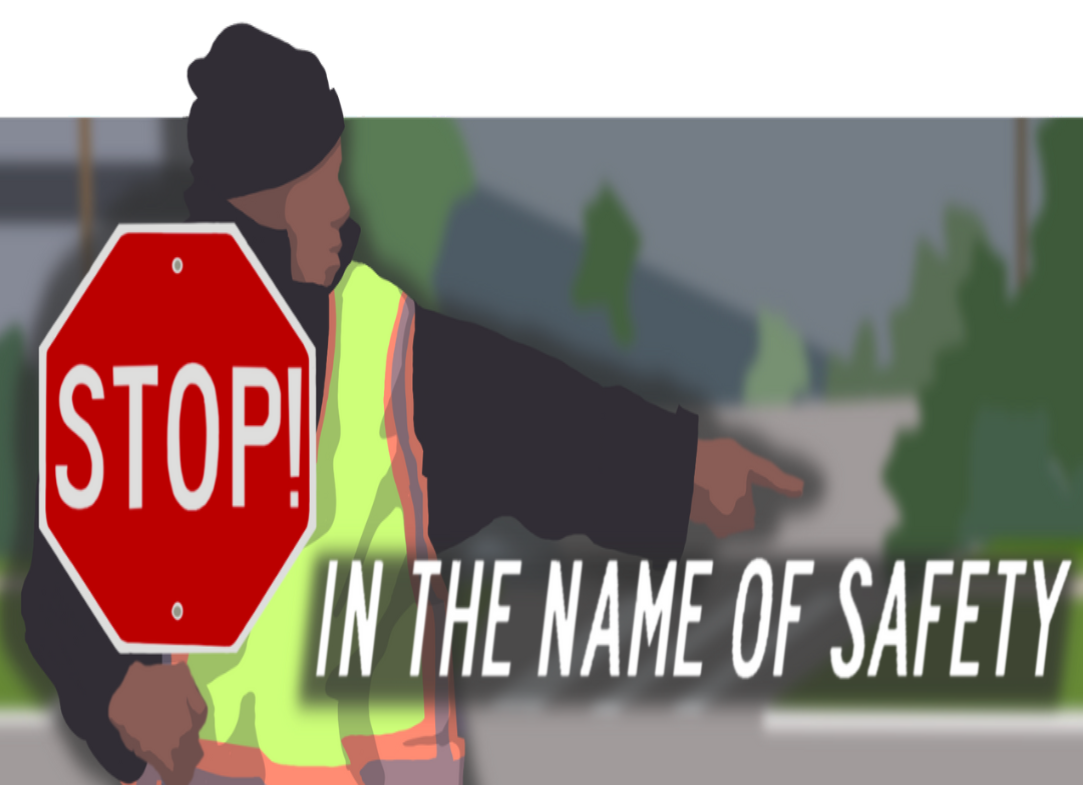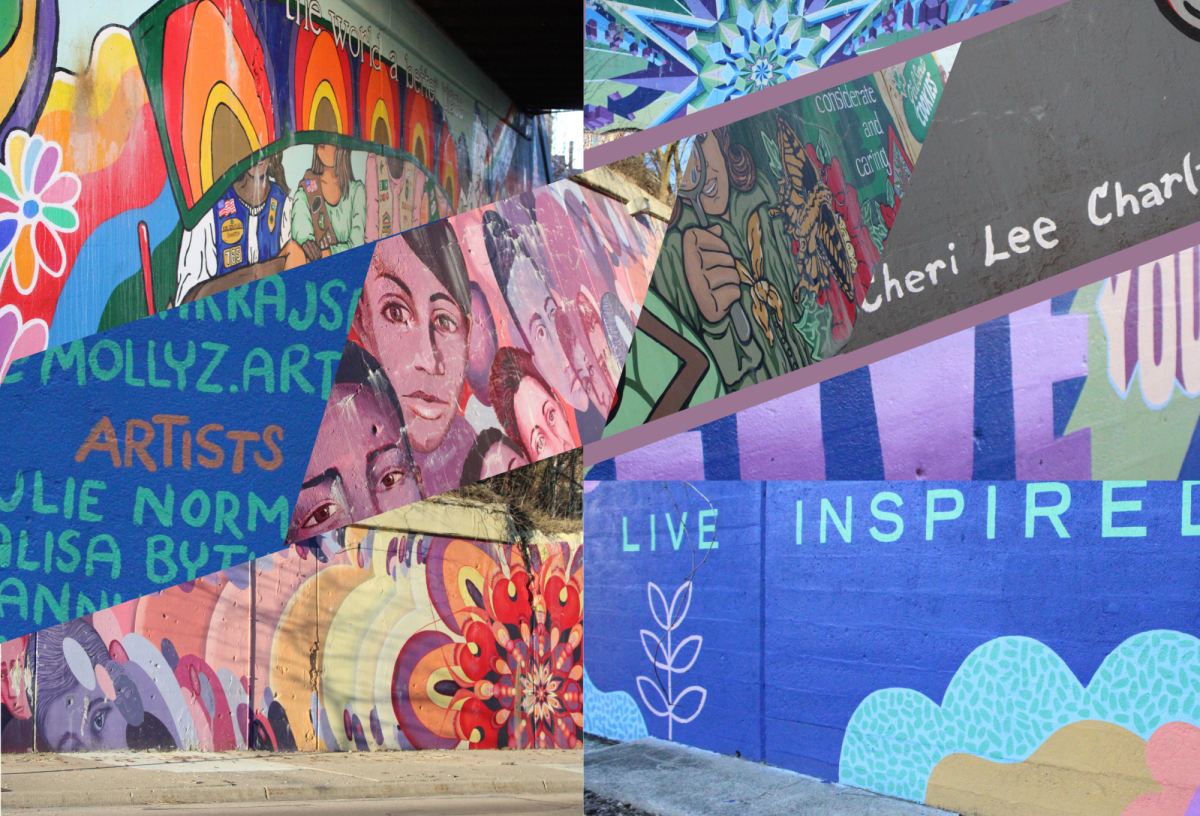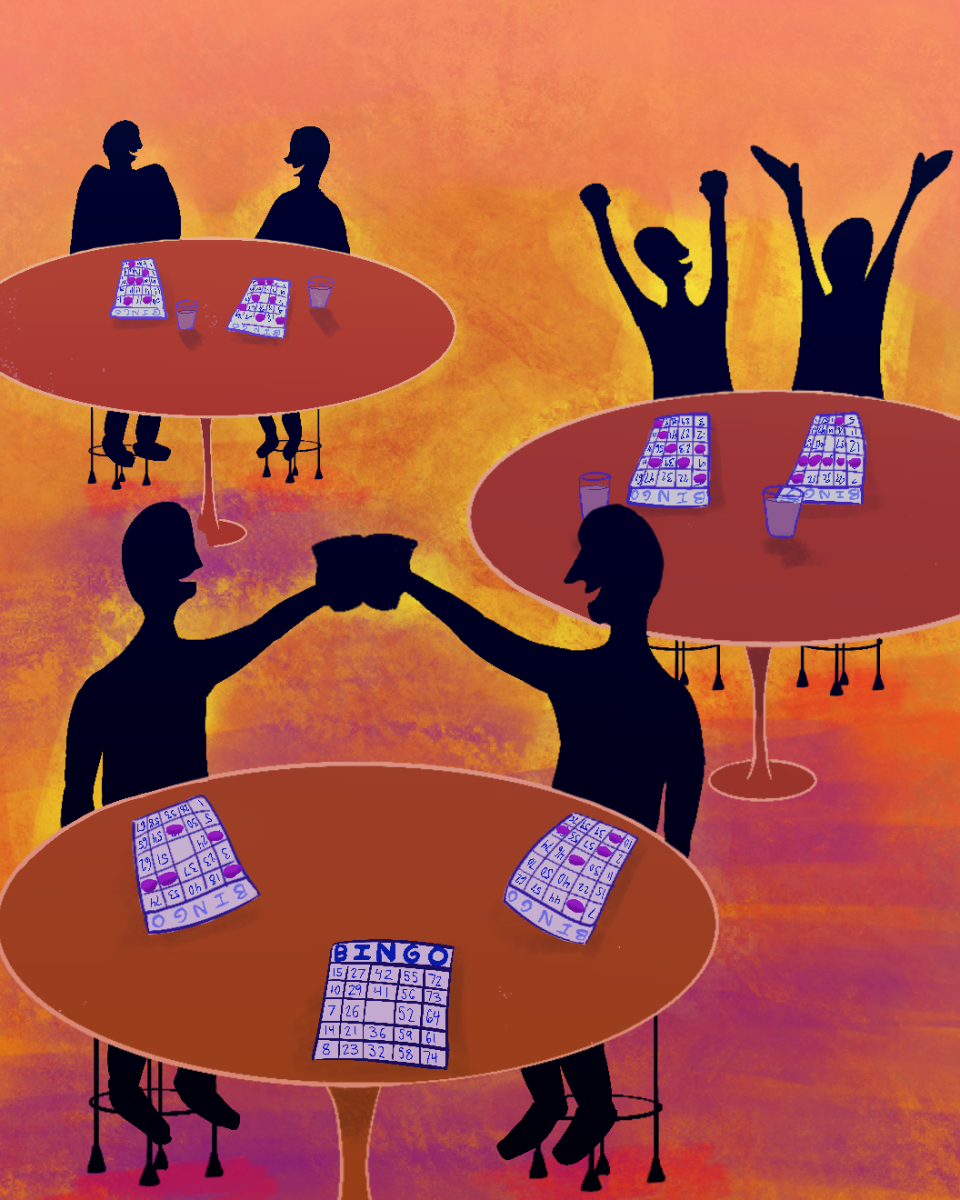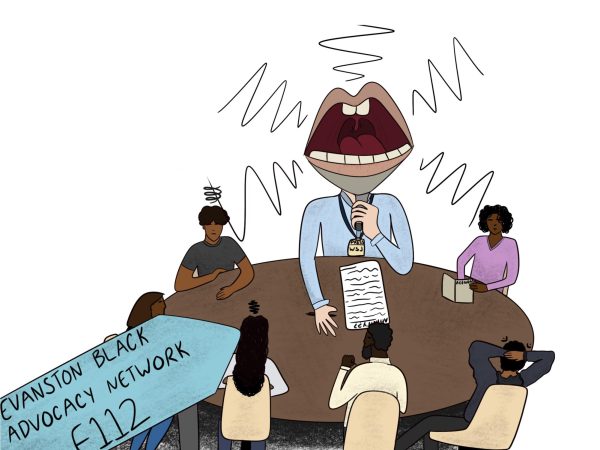#DAPL is more than a Facebook issue
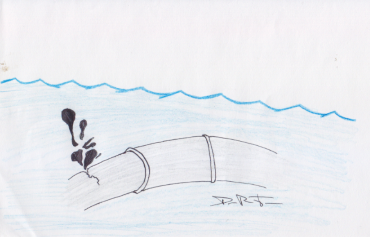
November 22, 2016
Being aware of an issue and being an activist are two different things. You may think that by checking social media you have done your part, but social injustices, specifically the Dakota Access Pipeline, require more attention than Facebook videos and tweets.
Since April, the Standing Rock Sioux tribe in North Dakota has protested against the Dakota Access Pipeline (DAPL), an oil transfer system that would carry crude oil from North Dakota into Illinois. The problem with the pipeline is that its current path winds dangerously close to the Standing Rock Sioux Reservation. The primary complaint is that the DAPL travels through ancestral Sioux land, and its construction has dug up the graves of Sioux people. The Americans at Standing Rock see this as an attack on their culture and freedom.
The damages aren’t just about tradition. The pipeline has already begun to contaminate water supplies near Standing Rock. During construction the pipeline has repeatedly leaked hundreds of gallons of crude oil onto Sioux land, causing serious ecological damage. Protestors are concerned that if the pipeline were to break at its vulnerable position under the Missouri river, the consequences would be catastrophic.
Efforts to amend the pipeline’s path have failed. Last November the Army Corps of Engineers evaluated the pipeline and granted the builders permission to cross the river this summer. All of this has not only outraged Native tribes, but has prompted retaliation by farmers, especially those in Iowa where the pipeline passes through. Many have taken the owners of DAPL to court, saying that their farmland is being upturned and destroyed, but the state of Iowa granted the pipeline eminent domain, which permits DAPL to tear through the countryside with no legal consequences.
Over the past few months, hundreds of groups have consolidated in Cannonball, North Dakota near the Standing Rock reservation to aid the Sioux people in fighting the pipeline. Delegations from dozens of tribes, Black Lives Matter, and others have joined the fight to protect the water of the Sioux.
The response by local and federal law enforcement to these protestors is alarming. Attack dogs and militarized vehicles have been deployed to disrupt protestors. Many self-proclaimed water protectors have been arrested for chaining themselves to or destroying construction equipment, confronting law enforcement, or even organizing in large groups. Journalists reporting from inside the protest have been repeatedly harassed and arrested under charges of trespassing and participating in riots. Only recently have major media outlets given the pipeline coverage.
The events playing out today are alarmingly reminiscent of the 1973 Wounded Knee Incident. When members of the Oglala Lakota tribe and the American Indian Movement (AIM) seized the town of Wounded Knee, South Dakota. During the 71 days of occupation, two of the occupiers were shot and killed, and 15 government officials and protestors were wounded. In the end the protestors at Wounded Knee didn’t walk away with control over their land, only the bodies of two friends, yet another injustice that our country must make reparations for.
Many in Illinois see the pipeline as a positive source for our state. More oil coming in quickly means more profit for companies and workers downstate. Companies have continued to assure us that pipelines are safe, and don’t present a threat to the communities they exist near.
Additionally, many find the protests taking place at Standing Rock to be uncivil and disorderly. Some may not condone radical acts like chaining oneself to construction equipment or obstructing workers coming to the site.
However, if you feel that the protests are uncivil and wrong, I’d ask you to review the history of peaceful resistance. The tactics used by the self-proclaimed “Water Protectors” are straight from the standard book practices in civil disobedience. It’s immoral to criticize a group who use their bodies to protest injustice and then turn away when those same bodies continue to experience violence for generations. If these protestors are too violent, you should direct your critique to the police and federal agents who are actually attacking these people. Holding victims of genocide to a higher standard than those tasked to silence them is itself a sign of moral bankruptcy.
In terms of the effects of the pipeline itself, you should be concerned. Though the issue may seem distant, this pipeline will have a significant impact on your life. DAPL delivers oil from North Dakota into Illinois. Our governor and representatives have given DAPL the ok, but it definitely isn’t. Last year there were 40 pipeline accidents, most of which were fatal and rendered the land surrounding most accidents uninhabitable. Dozens of families have been evacuated from their homes in recent years, and should the pipeline ever come near our neighborhood, we’ll be the ones who face the consequences.
As a school of over 3,000 students and staff, we have the opportunity to make a difference for Americans who have been left out of our history and have been denied representation in our politics. As an educational institution we have a unique obligation to support the people at Standing Rock. In educational spaces what we learn means nothing if we cannot translate the knowledge and skills we acquire in the classroom to make the world a better place. Learning about the crimes against Native Americans that this country was built upon means nothing when the ghost of Andrew Jackson is pushing Americans off of their ancestral land to this day.
Protestors at Standing Rock are in need of supplies to keep up the protest during the winter. They’re also looking for money to support their legal defense fund as they fight the pipeline. In addition, you can call government officials and pipeline executives to pressure them to stop development. Ask around about phone banking initiatives to mobilize others so that more people can fight for the right to clean water. It’s the least we can do.




